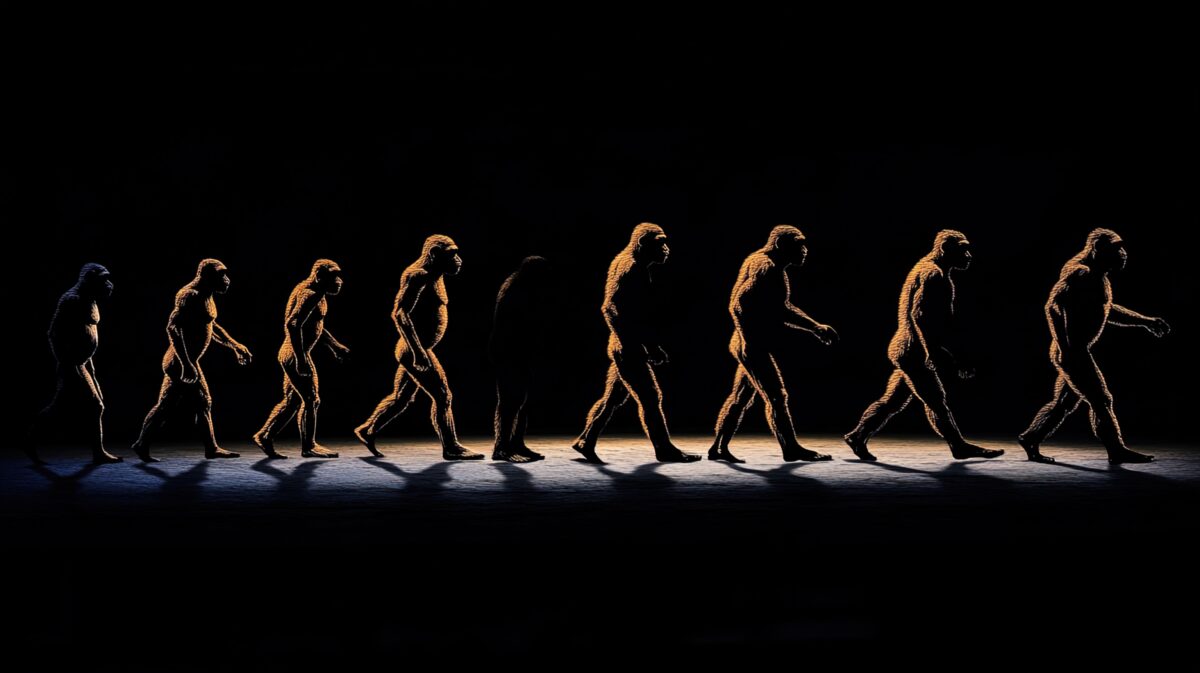
Darwin’s Failed Predictions, Slide 11: “Human evolution remains a mystery” (from JudgingPBS.com) (Updated)
[Editor’s Note: This is slide 11 in a series of 14 slides available at JudgingPBS.com, a new website featuring “Darwin’s Failed Predictions,” a response to PBS-NOVA’s online materials for their “Judgment Day: Intelligent Design on Trial” documentary.] In 1980, the famed late evolutionary paleontologist Stephen Jay Gould noted that, “[m]ost hominid fossils, even though they serve as a basis for endless speculation and elaborate storytelling, are fragments of jaws and scraps of skulls.”1 PBS confidently asserts that our species, Homo sapiens, evolved from ape-like species, but the fossil record tells a different story. The fossil record contains two basic types of hominids: those that can be classified as ape-like and those that can be classified as modern human-like. But there Read More ›






































